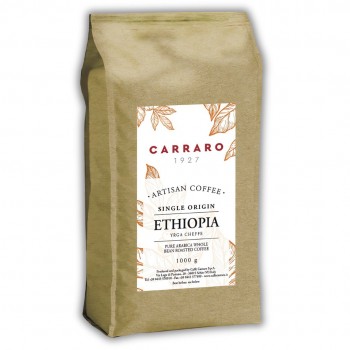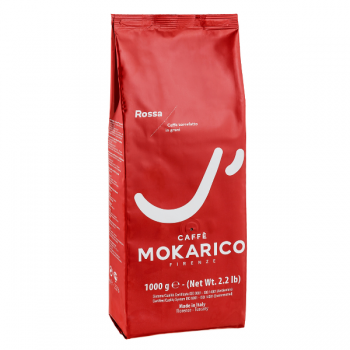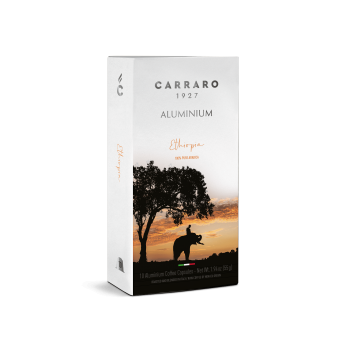- today
- label News
- comment 0 comments

.
Coffee Culture in Belgium: What You Need to Know
Have you ever wondered about the coffee culture in Belgium and what this might mean for your own coffee-drinking experiences in the country?
.
While Belgium might be best known for its masterful Belgian chocolate but also their beers and fries, there’s no doubt that the country also leads the way when it comes to fine coffee – perhaps the result of its association with Italy, whose passion for quality dining and beverages often seems second to none.
.
But what is it that makes Belgian coffee so delicious, and how do the Belgians enjoy coffee compared to other nations?
.
The Coffee Culture in Belgium: What You Need to Know
.
.
Belgium is one of the highest European consumers of coffee, even beating the French by around 1.3kg of coffee per capita per year. With this in mind, it’s clear to see just how much influence and impact coffee has on the Belgian economy and markets – however, to get the most from a cup of Belgian coffee, it’s still important to ensure you’ve got the best quality coffee to hand.
.
Coffee Production and Imports in Belgium
.
Approximately 96% of all Belgian coffee is imported into the country directly from the producing countries.
.
Of this figure, the three most common suppliers of premium quality coffee for the Belgian markets include Brazil, Vietnam, and Honduras, which together contribute for the majority of Belgian coffee imports.
.
What about coffee from the African continent? Belgium's history with Africa means that coffee is a natural choice in Central African countries such as Congo and Rwanda. Around Lake Kivu, for example, various small-scale producers work together to offer us coffee of excellent quality.
.
This is largely driven by the growing demand for premium-quality coffee in Belgium; however, an increasing number of consumers are also demanding additional certifications, such as fairtrade coffee.
.
Would you like to try a blend containing coffee from Central African countries? Click here and discover the Mokarico Rossa blend!
.
.

.
How Belgians Enjoy Their Coffee
.
Indeed, the number of Belgian households reaching for a typical supermarket-shelf brand for their morning coffee is increasing, many of which are still high-quality. However, for the best Belgian coffee drinking experience, a trip to the local coffee shop will usually be unbeatable.
In many cases, coffee in Belgium is served up alongside a sweet treat, such as a cookie for dunking into the coffee. In fact, it’s not uncommon for Belgian coffee drinkers to refuse to pay for a drink unless they have a sweet treat on the side – indicating just how much the experience and atmosphere mean to Belgian consumers.
While coffee has a major role in Belgian life, with as many as 80% of Belgians drinking coffee daily, it’s notable that most people enjoy coffee for breakfast; then, just over half of people enjoy coffee at around lunch and in the late afternoon. By contrast, coffee consumption in the evening in Belgium is far more limited, and very few people drink coffee at night at all.
.
How Italian Influences Have Changed Belgian Coffee Culture
.
While Belgian coffee consumption has been steadily growing, it’s well worth considering that Italian coffee consumption habits have also significantly influenced the way coffee is enjoyed in the country
.
La Belgique a été une terre d'accueil pour de nombreux italiens, surtout du sud de la péninsule, notamment avec les "accords charbon" arrivés avec la fin de la 2eme guerre mondiale.
.
Italian influences have significantly promoted demand for premium-quality coffee within the country. Indeed, coffee in Italy is big business, and there’s an unwavering level of care and passion that’s put into every cup of Italian coffee. This is something that has increased rapidly over time, particularly as more and more Italians move to Belgium for a new way of life.
.
In January 2015, it was noted that 65% of Italians live in Wallonia, 20% in the Brussels-Capital Region and 15% in the Flemish Region. (Source: Wikipedia)
.
Italians have also brought the art of espresso, these small cups of coffee that are dense and powerful in the mouth, which are more intense than the large cups of coffee from the percolator or the "Americano", which are more in the habits of the Belgians, who have always preferred "elongated" coffees, with a less concentrated taste.
.
By the way, a little information about the "strength" of a coffee: Did you know that an espresso contains less caffeine than an Americano? We will develop a short article on this soon, to explain this in more detail.
Final Thoughts
.
.
If you’re a resident of Belgium and have been looking to find out more about the country’s rich history of coffee consumption, or if you’re simply looking to visit the country to find out more about the massive Belgian coffee culture, there’s certainly a lot to love about a trip to the region. With this in mind, we hope today’s guide will have helped whet your appetite for Belgian coffee knowledge – and, if you’re ever lucky enough to try a genuine, authentic cup of coffee in Belgium, we’re pretty confident you’re in for an irresistible experience.
.
.
_______________________________________________
>> Click here to discover our webshop <<
.




Comments (0)